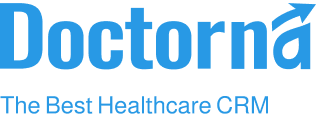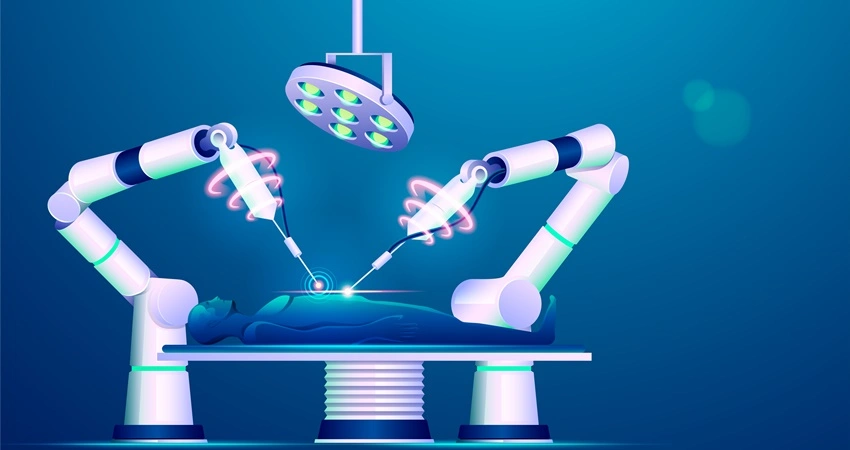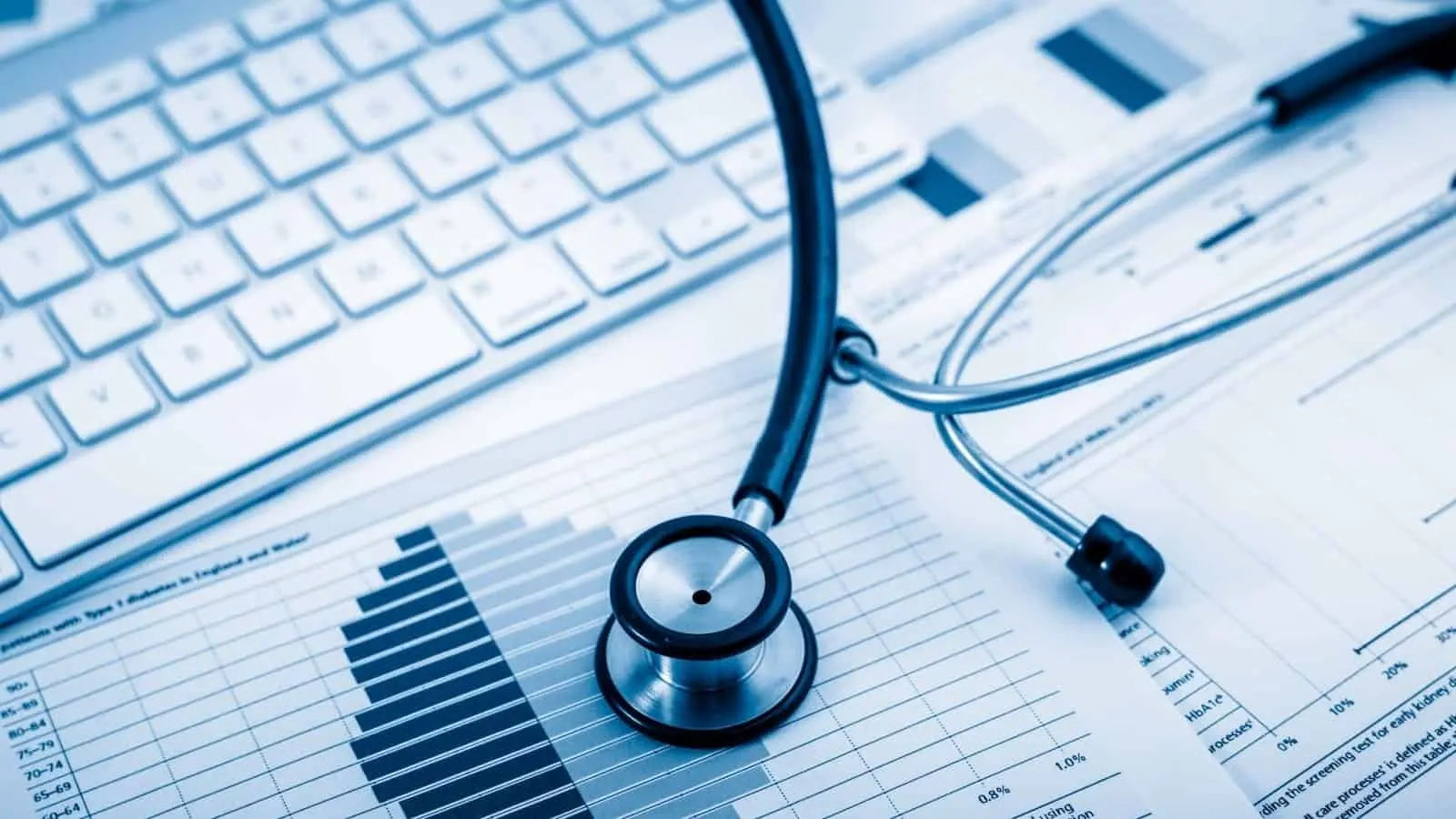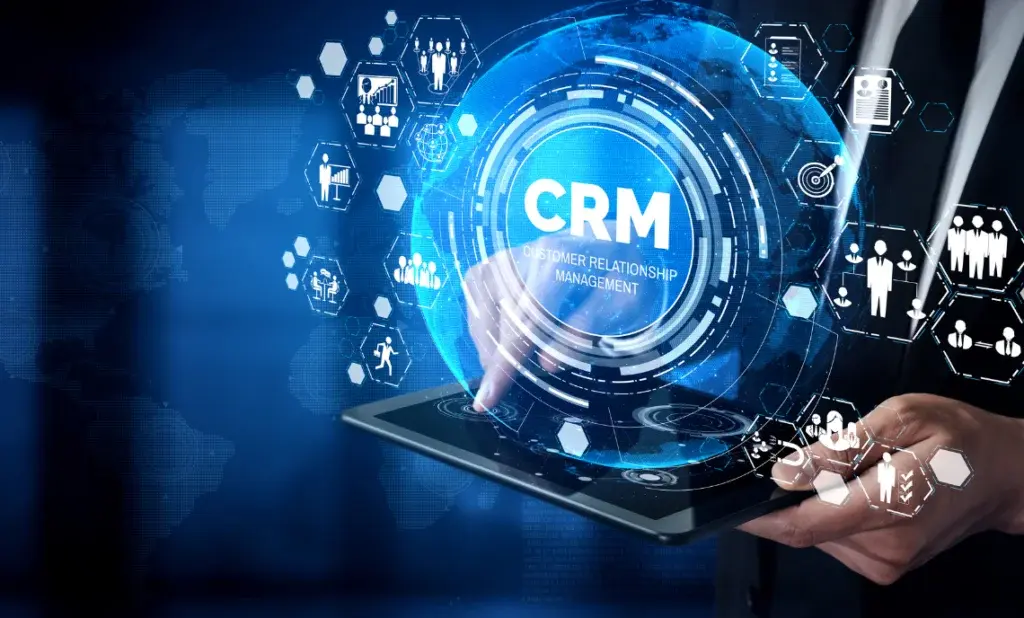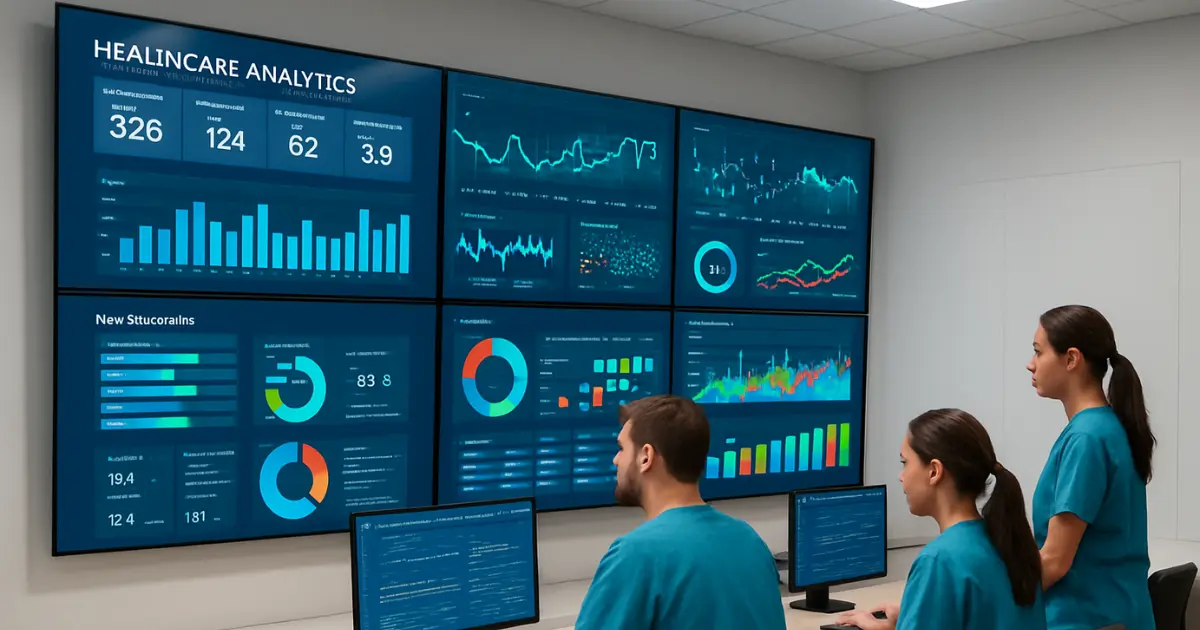In the ever-evolving healthcare industry, automation is transforming how medical organizations manage patient relationships, streamline operations, and deliver care. As healthcare providers continue to embrace digital transformation, Customer Relationship Management (CRM) systems are becoming smarter, faster, and more efficient — thanks to the power of automation.
Automation in Healthcare CRM systems is no longer just about reducing manual work. It’s about creating seamless, personalized, and data-driven experiences that improve patient outcomes and operational efficiency. The future of healthcare CRM lies in integrating automation with artificial intelligence (AI), analytics, and advanced communication tools to deliver proactive, patient-centered care.
1. The Rise of Automation in Healthcare CRMs
Traditionally, CRMs in healthcare were used primarily for managing patient data and communication. However, as technology has advanced, automation has taken these systems to a whole new level.
Today’s healthcare CRMs can automatically schedule appointments, send reminders, process patient feedback, and even predict future healthcare needs using data-driven insights. This evolution helps healthcare providers save time, reduce administrative errors, and focus more on delivering quality care rather than handling repetitive tasks.
As healthcare organizations continue to deal with larger patient volumes and complex data, automation will play a critical role in ensuring efficiency and scalability.
2. Automating Patient Communication
One of the most immediate benefits of automation in healthcare CRMs is streamlined patient communication. Automated systems can manage personalized emails, SMS notifications, appointment reminders, and post-visit follow-ups — all without manual intervention.
For instance:
- Patients automatically receive reminders for upcoming check-ups or follow-ups.
- Missed appointment notifications and rescheduling options are handled by the CRM.
- Personalized wellness tips or medication reminders can be sent based on patient history.
These automated touchpoints enhance patient engagement and satisfaction, ensuring consistent and meaningful communication between healthcare providers and patients.
3. Smart Scheduling and Resource Management
Appointment scheduling has always been a major challenge for healthcare facilities. Automation solves this by intelligently managing calendars, reducing no-shows, and optimizing time slots.
In the future, advanced CRMs will use AI-powered scheduling algorithms to predict peak appointment times, allocate staff efficiently, and even automatically adjust schedules based on patient urgency or doctor availability.
This ensures better time management, higher patient satisfaction, and improved workflow efficiency — all of which contribute to a smoother healthcare experience.
4. Predictive Analytics and Proactive Care
The integration of automation with predictive analytics is reshaping the future of healthcare CRM systems. By analyzing historical patient data, CRMs can forecast potential health risks or predict when a patient might need preventive care.
For example, automated systems can identify patients with recurring conditions and schedule timely follow-ups before complications arise. This shift from reactive to proactive care helps reduce hospital readmissions, improve outcomes, and enhance patient trust.
In the coming years, CRMs will rely more on machine learning (ML) and AI algorithms to analyze behavioral patterns and medical data, allowing healthcare providers to offer personalized treatment plans automatically.
5. Streamlined Administrative Workflows
Healthcare professionals spend a significant amount of time on administrative tasks — from data entry to billing and reporting. Automation in CRMs helps reduce this burden by performing repetitive tasks automatically.
Some examples include:
- Automatically updating patient records after each visit.
- Generating invoices and insurance claims.
- Sending digital payment reminders.
- Compiling analytical reports on patient engagement and satisfaction.
This automation saves valuable staff time, minimizes human error, and ensures that administrative tasks are completed efficiently.
6. Enhancing Data Accuracy and Security
In healthcare, accuracy and data privacy are critical. Automated CRMs reduce the likelihood of human errors in data entry and ensure real-time synchronization across systems.
Moreover, advanced automation tools are built with data encryption, secure authentication, and compliance protocols (such as HIPAA) to protect sensitive patient information.
In the future, healthcare CRMs will integrate blockchain-based automation systems to provide even greater transparency, security, and traceability in patient data management — making data breaches far less likely.
7. Improving Patient Retention and Experience
Automation in healthcare CRMs also helps organizations retain patients by providing personalized experiences throughout their healthcare journey.
For instance, automated CRMs can track patient engagement, send customized birthday or wellness greetings, and share educational content relevant to each patient’s health profile.
By maintaining consistent, automated engagement, healthcare providers build stronger relationships and encourage long-term loyalty — an essential factor in today’s competitive healthcare market.
8. Integrating Chatbots and Virtual Assistants
The future of automation in healthcare CRMs will see greater use of AI-powered chatbots and virtual assistants. These tools will handle basic patient inquiries, schedule appointments, share test results, and even guide patients through self-care instructions — all in real time.
This 24/7 availability ensures that patients receive timely assistance, reduces the workload on staff, and enhances the overall efficiency of healthcare operations. As natural language processing (NLP) technologies evolve, these virtual assistants will become even more conversational and intuitive, offering human-like interactions with patients.
9. Automation in Multi-Clinic and Remote Care Management
With the rise of telemedicine and remote healthcare, automation ensures that patient information and communication remain consistent across multiple locations.
Automated CRMs can synchronize patient data across clinics, manage remote consultations, and ensure that follow-up care is properly tracked — no matter where the patient is located. This creates a unified healthcare ecosystem that’s accessible, efficient, and patient-centered.
10. The Road Ahead: Intelligent and Predictive CRMs
The future of healthcare CRM automation lies in the fusion of AI, IoT (Internet of Things), and big data analytics. Imagine CRMs that can automatically alert healthcare providers about a patient’s declining vitals from wearable devices, predict future appointment needs, and optimize communication channels based on patient preferences.
These intelligent systems will not only streamline operations but also transform healthcare into a more preventive, predictive, and personalized service.
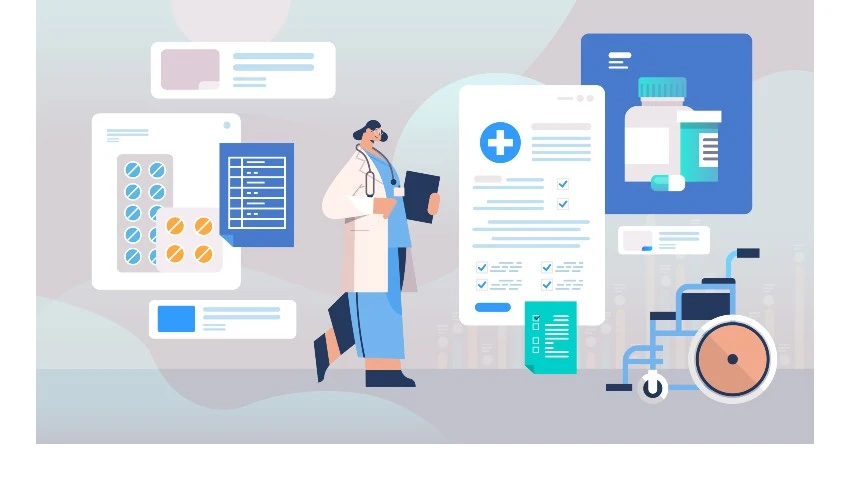
Conclusion
Automation is redefining the way healthcare CRM systems operate — turning them from basic management tools into intelligent, patient-focused ecosystems. By reducing manual work, enhancing communication, and enabling predictive insights, automation empowers healthcare providers to focus on what truly matters: delivering quality patient care.
As automation technologies continue to advance, Healthcare CRMs will become smarter, more adaptive, and more integrated — setting the stage for a future where healthcare is seamless, personalized, and powered by intelligent automation.
